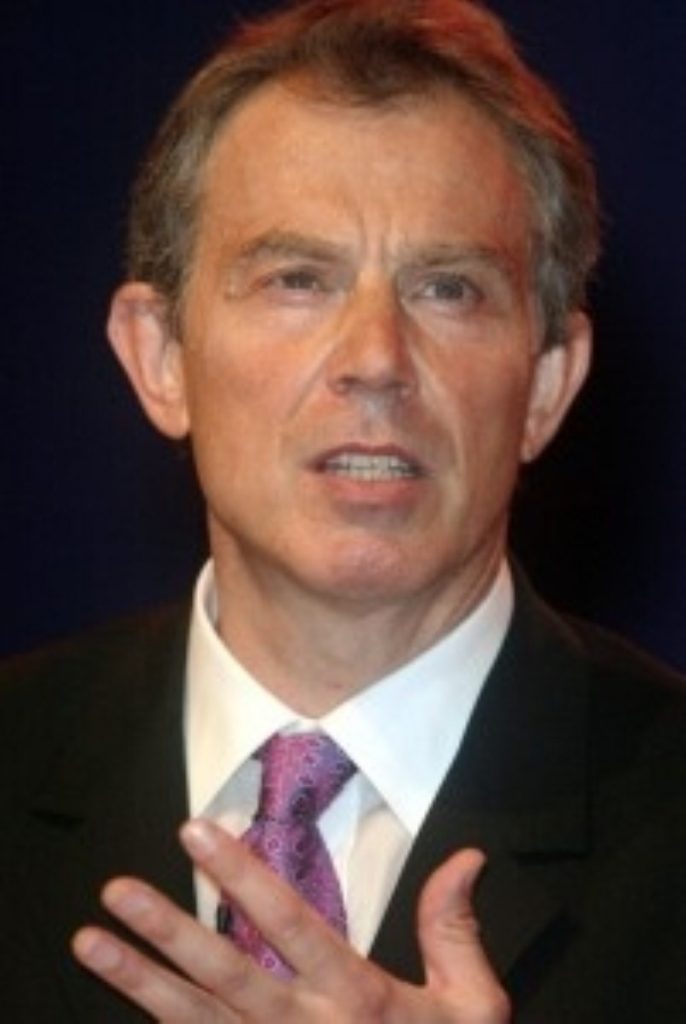People ‘must take responsibility for their health’
People must take responsibility for their own health if the NHS is not to become overwhelmed in the future, the prime minister said today.
Tony Blair noted that a large proportion of illnesses treated on the NHS, from cirrhosis of the liver to strokes and type-two diabetes, were caused by people’s individual actions.
And he warned that while the state would never stop treating these diseases, everyone must take responsibility for what they do, and ensure they ate properly, exercised and lived more healthy lives.
In a keynote speech this lunchtime, the prime minister looked forward to ten years time when he hoped the debate about health was not confined to the NHS but extended to the “broader national health service”, including firms, individuals and the state.


This was “about prevention as much as cure, personal responsibility as much as collective responsibility, the quality of living as well as life expectancy”, he said.
Mr Blair warned that if this did not happen, the costs of public health could overwhelm the NHS. Heart disease cost nearly £8 billion a year in health costs and lost work; obesity costs about £7 billion; and smoking-related conditions cost £1.7 billion to treat.
“In the future, healthcare cannot be just about treating the sick, but about helping us to live healthily – it requires more from all of us,” he said.
He added: “The alternative is a future in which the capacity of our NHS simply won’t keep pace with the sate of the country’s health.”
Mr Blair cited the efforts the government had already taken to tackle public health issues, including banning junk food in schools, urging food manufacturers to make clear how healthy their products were and banning smoking in public places.
But he contrasted the public health problems of today with those facing the Victorian governments, when epidemics of cholera demanded immediate and widespread state action to improve sanitation and water supplies.
“Our public health problems today are not public health questions at all – they are questions of individual lifestyle. These are not epidemics – they are actually the result of millions of individual decisions at millions of points in time,” he said.
The prime minister cited the fact that 20 per cent of all children in the UK ate no fruit or vegetables in a week, and obesity was rising rapidly.
Ten per cent of NHS resources are currently devoted to treating diabetes, a figure set to double by 2010. Three quarters of this is spent on type two cases, which are related to obesity, of which two thirds could be prevented by a good diet and exercise.
And he argued that while the government could help people make better choices about their health through information campaigns and advice, it would require a partnership of industry, voluntary groups and individuals to make a change.
“The government can’t be the only one with responsibility if it’s no longer the only one with power – a more responsive NHS can’t work unless patients also respond,” Mr Blair added.

